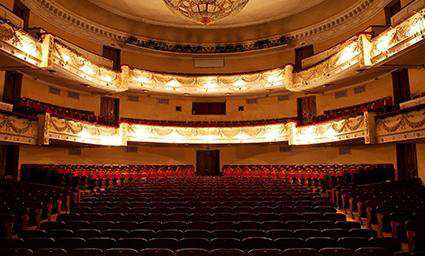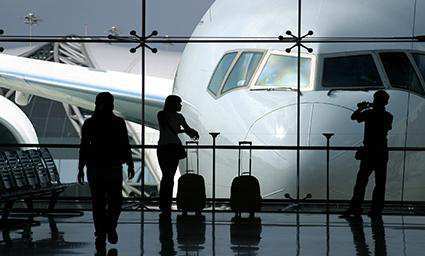
This sector incorporates many different businesses that come into contact with large numbers of public. For this reason, pest infestations may gather momentum taking on a far greater dimension compared to other businesses in relation to the risk to public health and a seriously damaged reputation.
Defon has developed a flexible Integrated Pest Management (IPM) system which can directly and effectively deal with an urgent situation ensuring health and safety, whilst meeting the specific needs of churches, educational institutes, libraries, museums, theatres, cinemas, exhibitions centers, conference centres, stadiums, gyms, bus - metro - train stations, airports, ports, etc.

This sector incorporates many different businesses such as: churches, educational institutes, libraries, museums, theatres, cinemas, exhibitions centers, conference centres, stadiums, gyms, bus - metro - train stations, airports, ports, etc., that come into contact with large numbers of public. For this reason, pest infestations may gather momentum taking on a far greater dimension compared to other businesses in relation to the risk to public health and a seriously damaged reputation.
Defon, based on its years of experience, adapts to the individual needs of each one of these businesses and treats them accordingly.
Reasons to control pest infestations
Some of the most important reasons to control pest infestations in these businesses include:
- Protecting the health of any person in the premises that could be at risk in a pest-infested environment, by:
- preventing direct transmission of diseases from pests to humans, e.g.
- murine typhus caused by Rickettsia typhi bacterium, transmitted via flea bite.
- preventing indirect transmission of diseases from pests to humans caused through contamination of water and/ or food and/or surfaces with pathogens, e.g.
- food poisoning caused through transmission of E-coli bacteria via flies, cockroaches etc.
- Preventing structural and property damage, e.g.
- rodents may gnaw at electrical installations causing short circuits and even fire.
- Protecting any person in the premises from the distress caused by pest presence.
- Preventing loss of customers and damage to reputation that occurs when the news of pest presence is communicated, resulting in a further decline of clientele.
- Preventing the imposition of sanctions by the health authorities that range from fines up to suspension of the operating permit and prosecution of the owners.
Pests relevant to this sector
Pests that are frequently detected and cause major problems in these businesses are listed below. For additional information refer to section: Pest library.
Rodents (mice, rats)
Cockroaches
Flies
Drosophila
Termites and other Wood-boring insects
Ants
Birds
Fleas
Bedbugs
Lice
Mosquitoes
Midges
The solution offered by Defon
Defon, based on years of experience, addresses the above issues by implementing its Integrated Pest Management (IPM) sys system which is adapted to the specifics of these businesses. The following is a general description of this system’s methodology, detailing some characteristic examples.
-
The development and implementation of an Action plan.
-
Service report submitted within the Report folder.
Due to heavy traffic from people of all areas of society these businesses may be at a higher risk of infestation. For ongoing protection and detection of infestations from the start, it is proper for pest control contracts to include frequent supervision rather than solely treatments.
The most significant problems are identified on the Site survey, during which Defon investigates:
- Entry points for pests such as:
- open doors and windows.
- inadequacies to structure and proofing of premises, e.g.
- faulty proofing around water and air conditioning pipes
- door sills.
- Hygiene standards, such as cleaning methods and schedules, e.g.
- the reclining seats in cinemas where organic debris usually accumulates.
- Food preparation, serving and storage areas designated for staff such as kitchens, canteens, etc. For additional information on this topic refer to Restaurant, Catering and Food industry sector.
- Public halls, such as central halls, projection halls, classrooms etc.
- Public areas such as reception areas, changing rooms, staircases and toilets.
- Supporting areas such as cloakrooms, lockers, offices, dressing rooms in theatres, engine rooms, etc.
- Server and control rooms.
- Areas that offer shelter such as inadequate storage, e.g.
- these businesses often improperly store obsolete equipment that provide hiding and breeding areas for pests.
For additional information on this topic refer to Warehousing sector.
- Difficult areas to access, such as false ceilings and floors, where pests could remain undetected until it’s too late.
- Surrounding areas, such as garbage disposal, gardens, garages, etc.
In certain circumstances, where necessary and possible, specialized Fumigation services carried out, amongst others. These treatments are usually offered for museum exhibits, books, etc. but also for entire premises, if necessary.
As part of Defon’s Integrated Pest Management (IPM) system, support can be offered to client’s staff through Consultation Services with education and training regarding prevention of pest problems and best hygiene practices.
Defon ensures the protection from pests, whilst keeping public health, safety and the environment in mind. The company can directly and effectively deal with an urgent situation maintaining excellent results whilst enhancing the smooth operation and good reputation of businesses that come into contact with large numbers of public.





